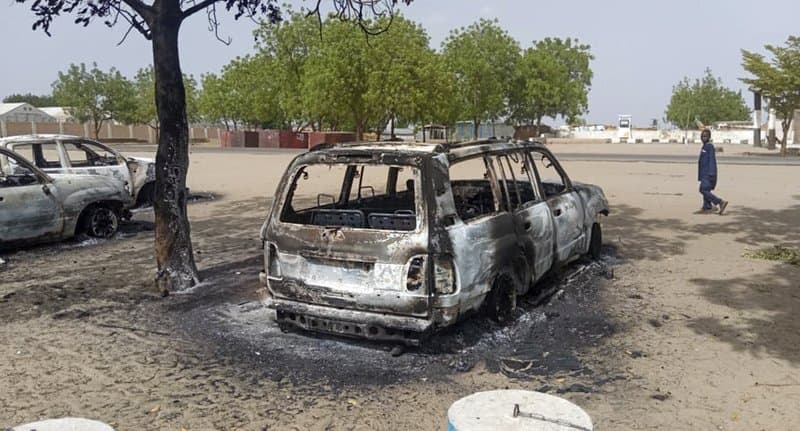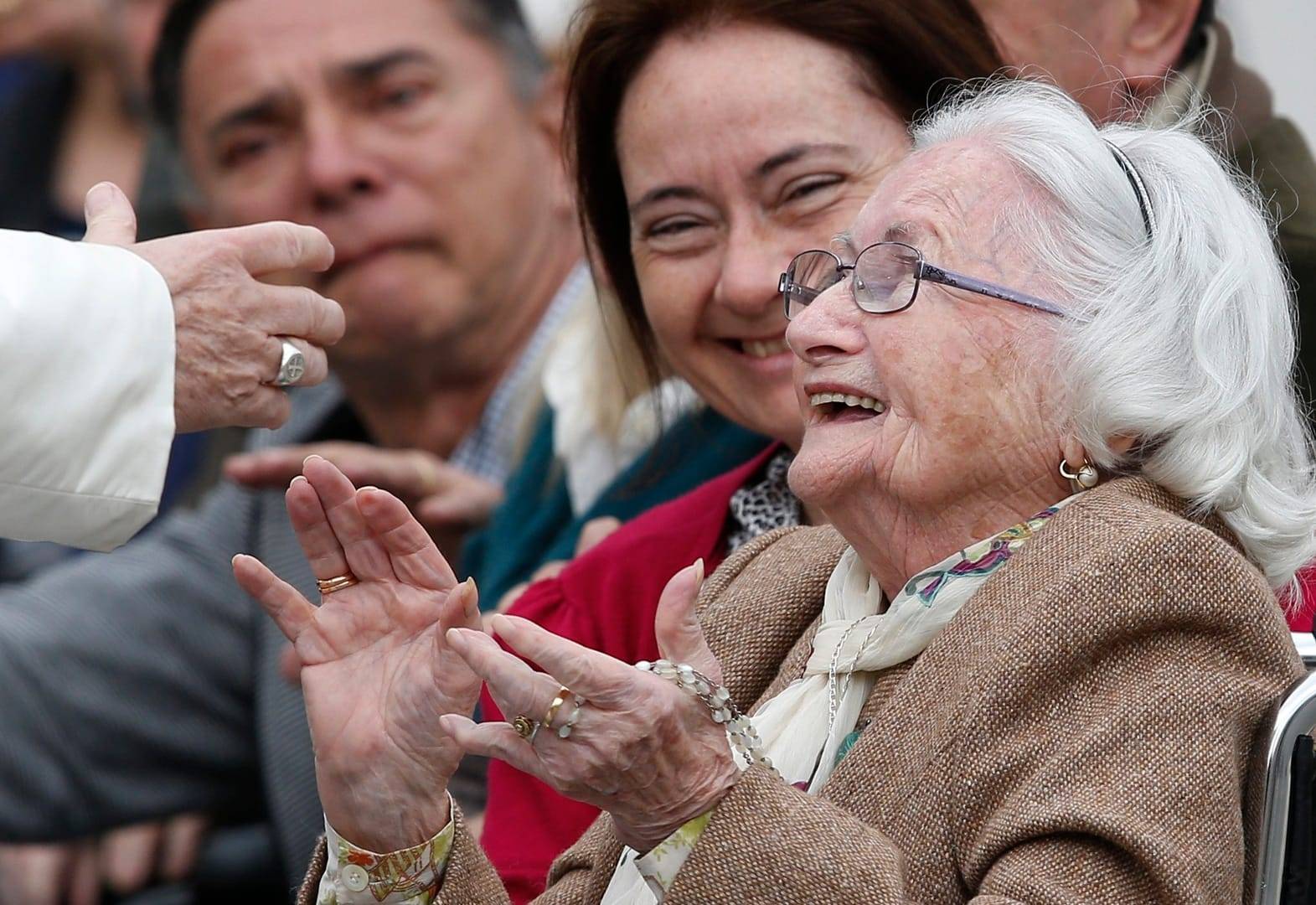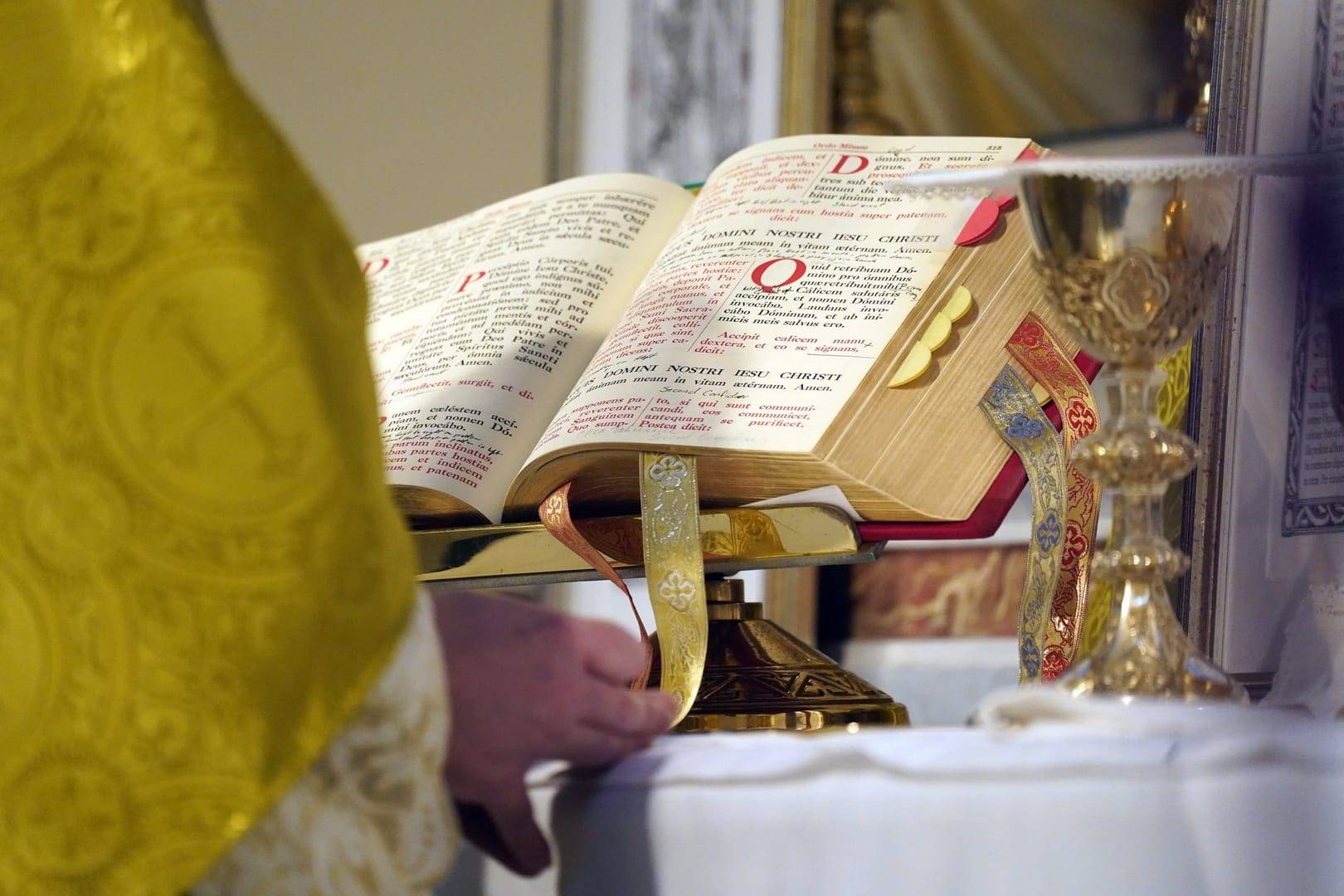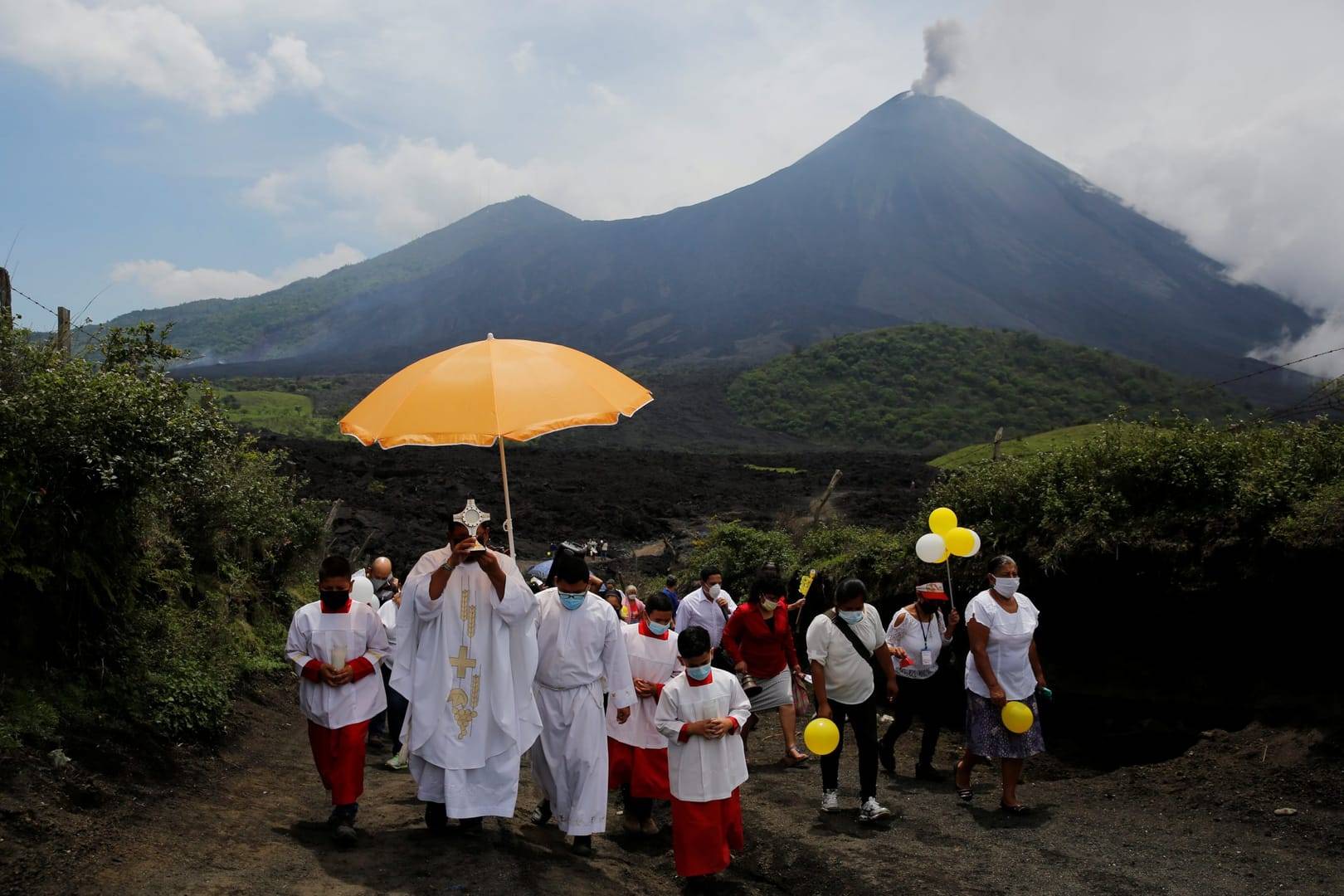President Donald Trump should appoint a special envoy for Nigeria and the Lake Chad region to “focus like a laser beam” on the attacks by Boko Haram and other Islamic militants, according to one of the main architects of the International Religious Freedom Act of 1998.
Former Congressman Frank Wolf said such a move was necessary to stop a genocide of Christians in the region.
Wolf was speaking to journalists during a press call on the situation in Nigeria sponsored by In Defense of Christians, a Washington D.C. human rights group.
Nigeria has had over 50,000 people killed since 2009 due to the Boko Haram insurgency, which has also displaced over 2 million people. More recently, the Islamic State in West Africa Province, which broke away from Boko Haram in 2016, has increased activity in the region.
In the country’s “Middle Belt” – where the Muslim North meets the Christian South – Muslim Fulani bands have killed thousands of Christians.
During the call, Anglican Archbishop Benjamin Argak Kwashi of Jos described the attacks on Christians in the country.
“This thing is systematic; it is planned; it is calculated,” he said.
The archbishop said Boko Haram has almost succeeded in uprooting the Christian community in northeastern Nigeria, and added it is “very clear that their intention is to Islamize Nigeria.”
However, he said the government is ignoring the problem.
“Every time we have raised our voices to say to the governments that this is going on, they always produced a political narrative to say that it is farmers’ and herders’ clashes. That narrative is an evil narrative of cover up because honest people will be sleeping in their homes at night that will be massacred, but it will be said to be a clash. That is far from the truth,” Kwashi said. “These killings are specifically in Christian villages.”
Dr. Gregory H. Stanton, chairman of Genocide Watch, said these attacks meet the definition of genocide: “It is the intentional destruction in whole or in part of a religious group.”
“This is not a conflict. These Christian villagers – these farmers – have no conflict with the Fulani. The Fulani now arrive with truckloads of fighters, maybe a hundred of their fighters, and they simply massacre a Christian village. They leave the Muslim village nearby completely alone,” Stanton said.
He also dismissed claims that that tribal difference and economic factors were the real drivers of the violence, noting that most genocides happen during civil or international conflicts.
“Denial is part of every genocide; it starts at the beginning of it and usually goes on way after it,” he said.
“Every single person of the 7,600 [people] killed since 2015 by the Fulani militia has been Christian. That’s genocide,” Stanton added.
Bishop Matthew Hassan Kukah of the Catholic Diocese of Sokoto noted an unprecedented lack of balance at the top of the government – the president and ever security chief is a Muslim – has “given quite a lot of oxygen to Islamic extremists.”
The country’s over 200 million people are almost evenly divided between Christians and Muslims, and historically the top jobs in the government have been shared by members of the two main faiths.
In response to a question from Crux, Kukah said the bishops have been emphasizing the “urgency of holding the country together; the need to create institutions and symbols that point to a common citizenship.”
However, the bishop said the current regime is plagued by “toxic and bad politics.”
Stanton also noted that he thinks a lot of the material support for the Islamist groups is domestic.
“In other words, they are getting their support from wealthy people in Nigeria. We think they are getting most of their weapons, in fact, illicitly from Nigerian army sources – corrupt army officers,” he said.
Wolf said a “failure to act means thousands more will die in Nigeria, and there will serious repercussions in Africa and beyond.”
The former congressman helped give birth to the independent U.S. Commission on International Religious Freedom and the Religious Freedom Office of the State Department, currently headed by Ambassador-at-Large Sam Brownback.
Wolf urged the appointment of a special envoy for the region and said the envoy should be given the full backing of the president and secretary of state.
Stanton agreed, saying the U.S. embassy hasn’t done a good enough job in confronting the genocidal character of the conflict.
“If you depend on the foreign service to make your policies – and I was in the foreign service – you won’t get aggressive new policies that will really address big problems,” he said.
A current member of the U.S. Commission on International Religious Freedom, Rev. Johnnie Moore just returned from Nigeria when the COVID-19 pandemic broke out.
“It’s a five-alarm fire. It is a very, very dangerous and volatile situation. There isn’t any time left, and we need to act now,” he said.
“The first responsibility of any government … is to protect its people, and Nigeria can do more to protect its people, and they can do more today,” Moore added.
Kwashi also complained that the government is failing to provide security.
“A government that cannot protect its poor definitely does not have a future,” the Anglican archbishop said.
Follow Charles Collins on Twitter: @CharlesinRome













